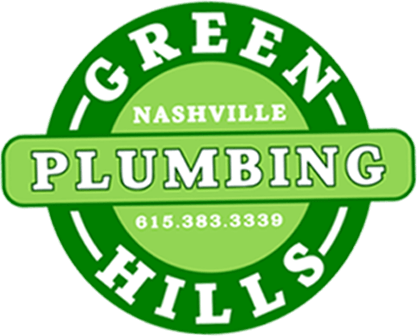What’s the Difference?
For business owners and homeowners that have ever shopped around for a plumber, they may have noticed a difference in the way different companies advertise their services. Some plumbers tend to offer only residential plumbing services, while others tend to focus on commercial services. There are, of course, some in the middle that cater to both types of customers.
To the uninitiated, this can seem weird. Wouldn’t a business want to cater to the largest group possible by offering residential and commercial services? It seems obvious, but the answer is more complicated than that. In this quick article, local Nashville plumbers share information to help people understand the ins and outs of commercial and residential plumbing.
 Size and Scale of Installation
Size and Scale of Installation
Those who have never considered the differences between commercial and residential plumbing will know the demands placed on both types of systems are vastly different. Most residences in the state are single-family homes with very similar plumbing needs. Freshwater lines need to be run to a few bathrooms. Sewers and drains will drain several toilets and tubs. Gas lines will probably be run to serve stoves and furnaces. The point is, residential plumbing is predictable and has a narrow set of requirements to keep a home safe and sanitary.
Contrast that with a commercial system, and people can quickly see the difference in needs. Commercial systems can provide fresh water and sewer systems to hundreds of fixtures in a single building that are used much more frequently than home fixtures. Gas lines must feed more numerous and larger appliances. There are also likely needs for pneumatic, steam, or chemical lines to be run.
The Complexity of the System
Depending on the use of the structure, the plumbing can be unbelievably complex. Walking into the maintenance room of an apartment building or manufacturing facility and the number of utilities and pipes for various water lines and gas is dizzying. Large buildings are often occupied with different types of businesses that need access to different utilities, and it’s a plumber's job to ensure that all occupants have reliable access to what they need.
For example, when a toilet clogs in a house, likely the other bathrooms are in service, so access to a toilet is not drastically limited. On the other hand, when plumbers have to shut down commercial bathrooms, customers and workers are drastically limited in their freedom to patronize a business or perform a service.
Risks Involved with Larger Systems
Since large commercial systems are so complex, they carry more significant risks. When industrial-sized problems occur, more people are affected, and more dangers are likely. Therefore, the margin for error is less even though the problems are more complex.
As an example, consider a clogged sewer in a home. At worst, the toilet will overflow, and service will be interrupted until repairs are made. If a toilet clogs in a commercial bathroom in a multi-story building, there is the potential to flood several floors. It falls to commercial plumbers to ensure that plumbing is designed to handle all of the possible outcomes safely.
About Green Hills Plumbing
Green Hills Plumbing is a family-owned and operated residential and commercial plumbing in Nashville. They have 24-hour emergency plumbing service because they know that accidents don’t always happen at convenient times. They guarantee satisfaction and provide upfront pricing.



























